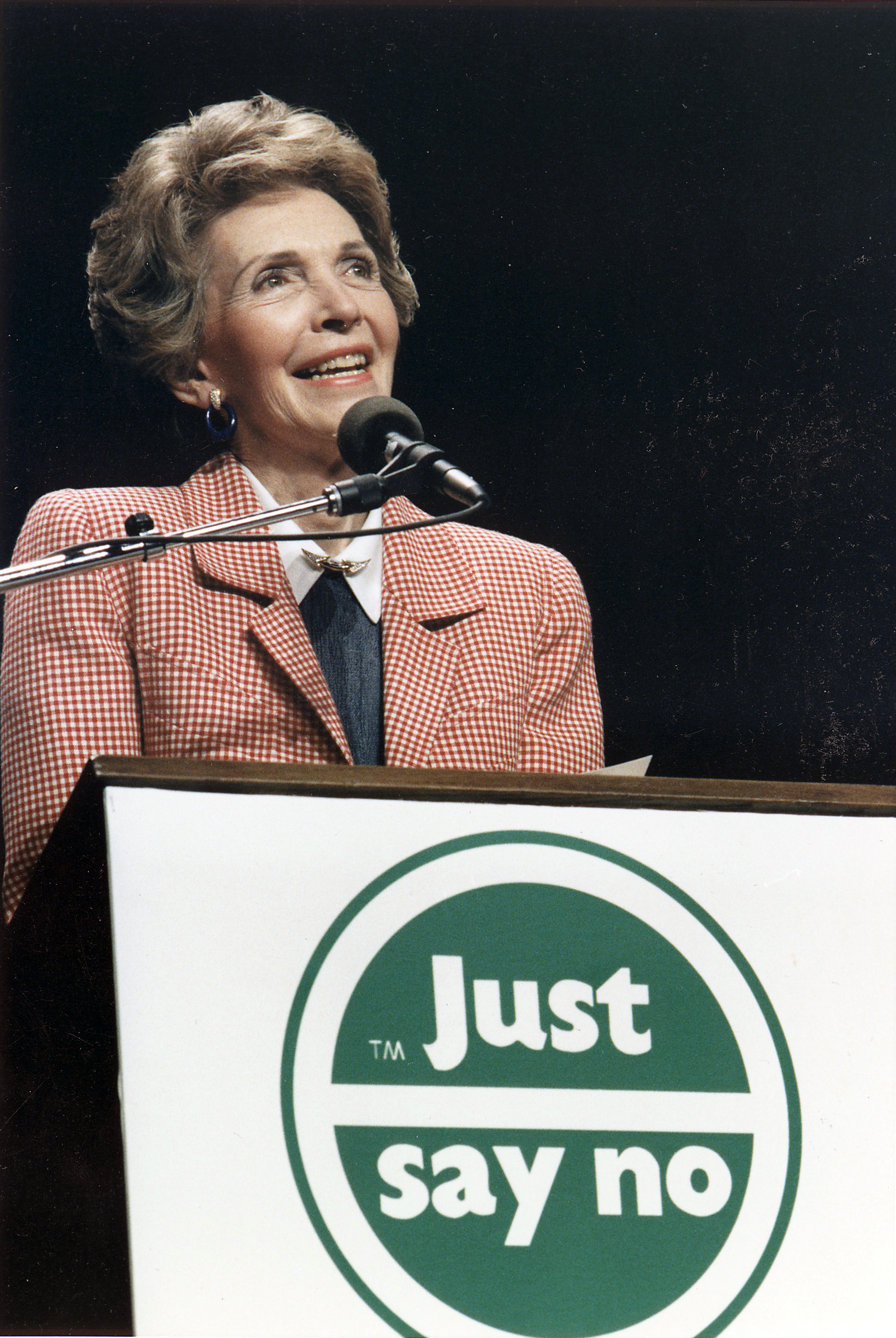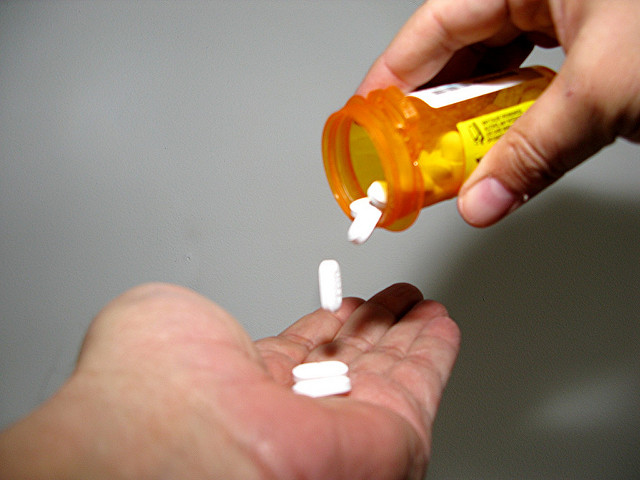The Scientific Reason 'Just Say No' Doesn't Work

By:
Attorney General Jeff Sessions likely wants to "Make America Fear Drugs Again," which may involve revamping Reagan-era drug education programs — a modern "Just Say No" approach — that aims to deter youth substance abuse.
 AP/Susan Walsh - apimages.com
AP/Susan Walsh - apimages.com
"I think we have too much of a tolerance for drug use — psychologically, politically, morally," Sessions said during a speech to law enforcement officials in Virginia in March. "We need to say, as Nancy Reagan said, 'Just say no.'"
The problem is, "Just Say No" and analogous national drug prevention programs meant to reinforce that sentiment have been largely ineffective. And there's science that explains why.
It turns out that having authorities describe the dangers of drug and alcohol abuse and encourage students to flatly reject peer pressure doesn't have a substantial impact on long-term behavior or perceptions. Yet that's the basic premise behind programs such as D.A.R.E. (Drug Abuse Resistance Education) — a prevention program that sends police to schools to lecture students about substance abuse over the course of several months.
 Wikimedia - wikimedia.org
Wikimedia - wikimedia.org
In 2009, statisticians conducted a meta-analysis of 20 studies about teen drug trends determined that students who were enrolled in programs such as D.A.R.E. were just as likely to abuse drugs compared to those who were not enrolled. What's more, at least two studies have determined that enrollment in D.A.R.E. made adolescents somewhat more likely to drink alcohol and smoke cigarettes.
"The reasons for these potential boomerang effects are unclear," Scientific American reported. "Yet by emphasizing the hazards of severe drug abuse, D.A.R.E. may inadvertently convey the impression that alcohol and tobacco are innocuous by comparison."
Why telling kids to "just say no" to drugs doesn't work.
 Wikimedia - wikimedia.org
Wikimedia - wikimedia.org
Only so much can be accomplished when you enlist authority figures to scare students away from drugs. Drug education has to be comprehensive, interactive, and long-term in order to be effective, according to a 2012 review of drug prevention programs around the country. More from Scientific American:
"[Effective drug prevention programs] teach students the social skills they need to refuse drugs and give them opportunities to practice these skills with other students — for example, by asking students to play roles on both sides of a conversation about drugs, while instructors coach them about what to say and do. In addition, programs that work take into account the importance of behavioral norms: they emphasize to students that substance use is not especially common and thereby attempt to counteract the misconception that abstaining from drugs makes a person an oddball."
Sessions' call for a return to "Just Say No" drug prevention strategies may also be based on a false premise.
 frankieleon - flickr.com
frankieleon - flickr.com
Sessions' argument that "there's too much tolerance for drug use" ignores the fact that teen drug use is at a historic low. The 2016 "Monitoring the Future" survey — an annual report on youth drug trends released by the National Institute on Drug Abuse (NIDA) — found that teen drug use was at its lowest point since the survey was first introduced in 1975.
Though rates of opioid addiction in the U.S. have been climbing significantly over the past decade, that's attributable to adult use. The survey found the opposite trend among teens. In 2004, abuse of prescription painkillers by students in grade 12 peaked at 9.5 percent; but by 2016, only 4.8 percent of 12th-graders reported using painkillers.
In other words, the U.S. is facing serious challenges in terms of combating the opioid epidemic. But targeting students with aggressive drug prevention policies — especially, those that have proven to be ineffective — is unlikely to accomplish what Sessions thinks it would.
